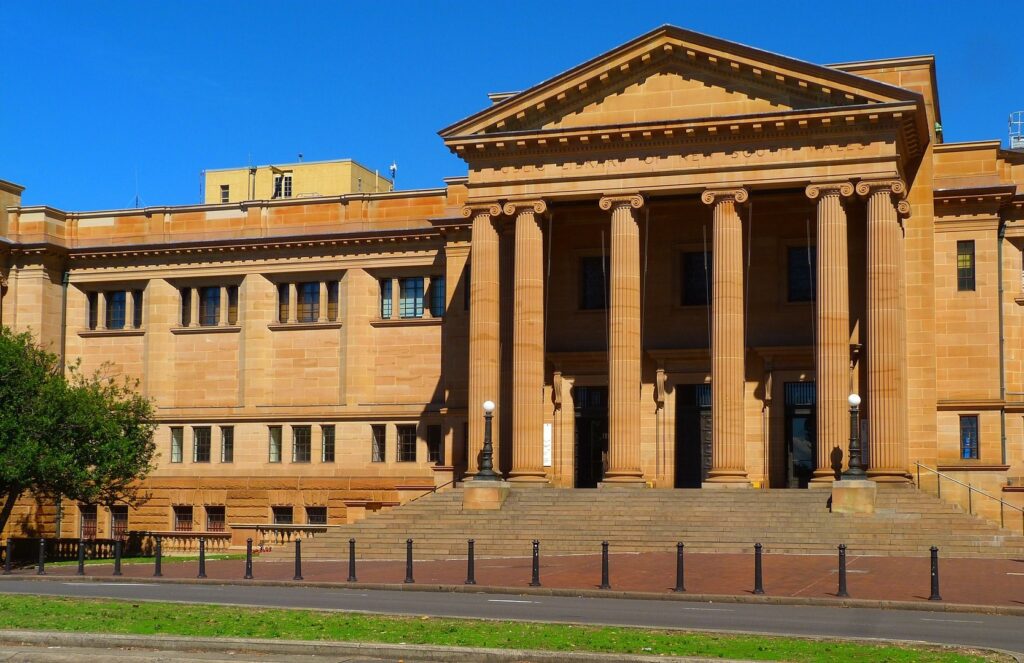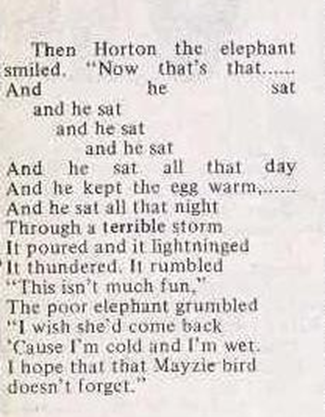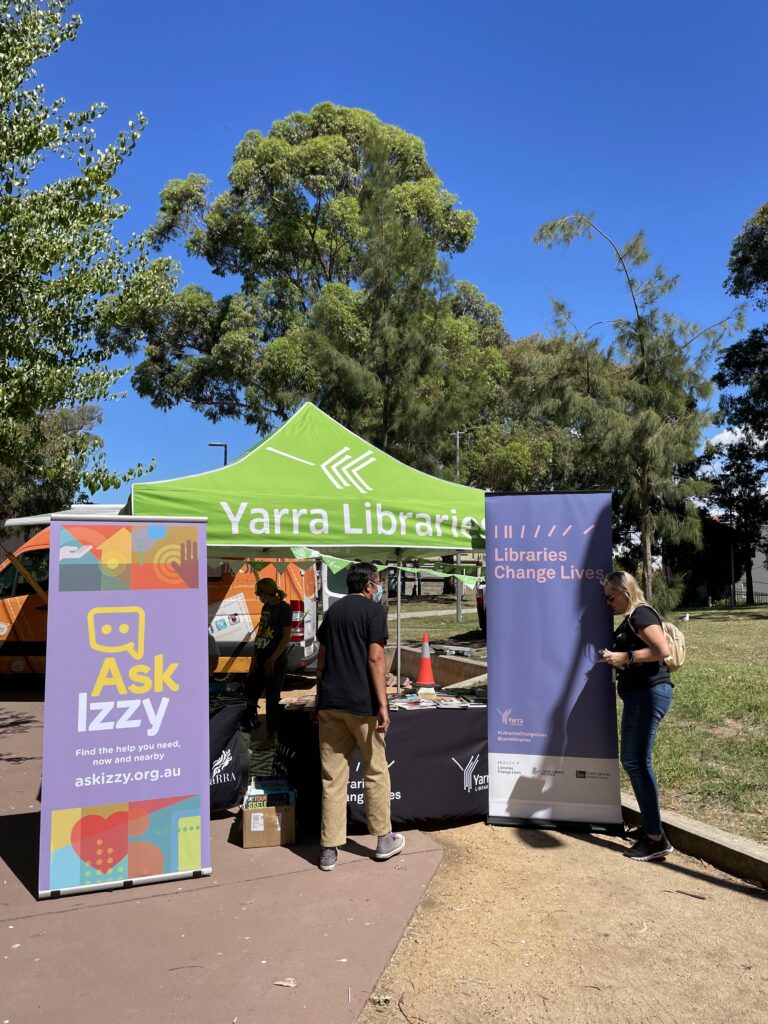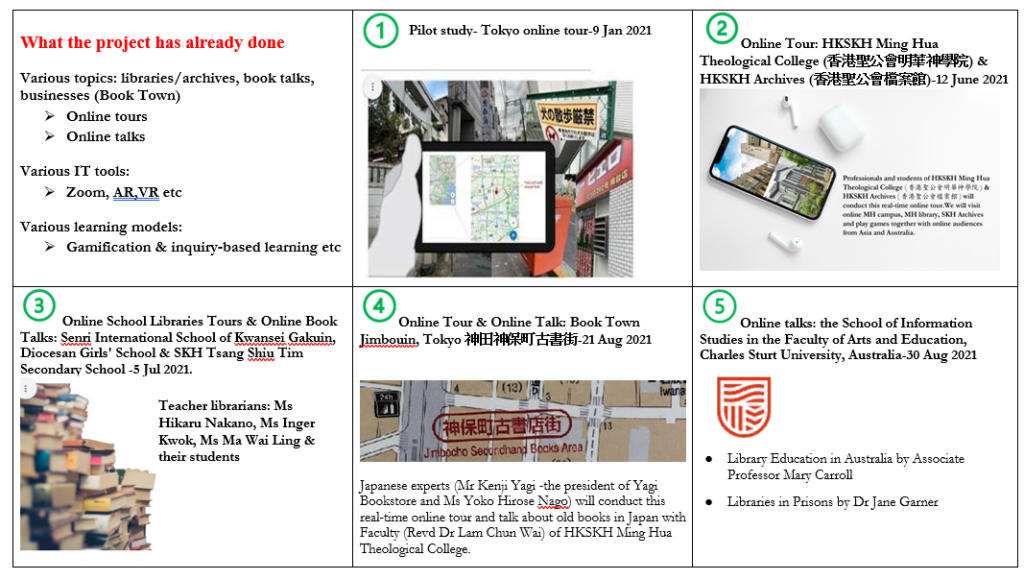Philip Hider
The ARC Linkage Project, Designing for Communities with Communities, has come on leaps and bounds since it started in May last year. It’s always going to be a bit challenging to synchronise different library development projects, but our project has been fortunate enough to have some very enthusiastic and committed partners on board, and we’re now in the thick of data collection and the actual co-design. The series of community workshops has already been completed for one of the case studies, and the second series, for another library, is underway.… Continue reading “Co-designing libraries: progress report”













